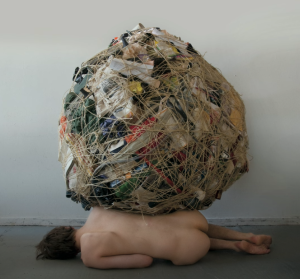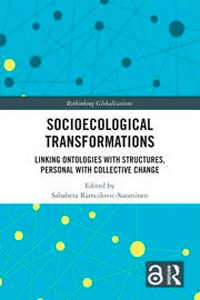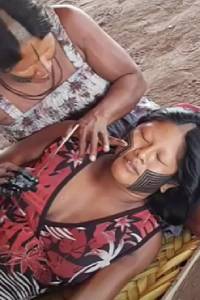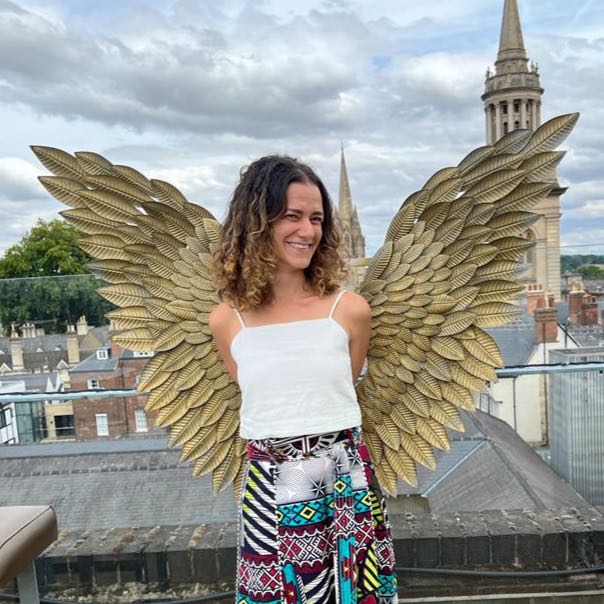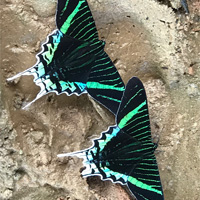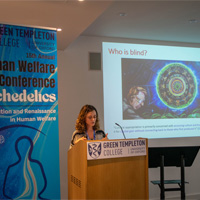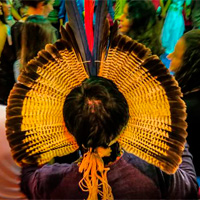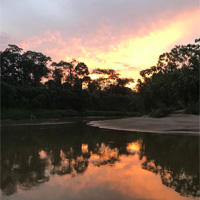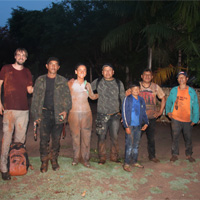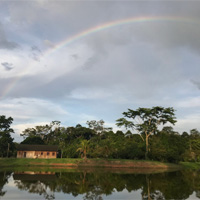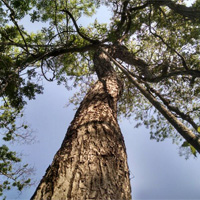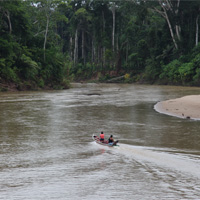This presentation was delivered at the Spiritualities and Healing in Global and Transhistorical Perspectives Conference, organized by the Fondazione Giorgio Cini and the Harvard Center for the Study of World Religions in June 2025. It explores the intersections of Indigenous medicine, spirituality, and governance by analyzing the outcomes of the First Ancestral Knowledge Sharing Meeting, held in the state of Amazonas, Brazil, in July 2024.
The idea for this gathering—bringing together representatives from 24 Indigenous nations—emerged during the COVID-19 pandemic, in recognition of the vital role that Indigenous medicine played in sustaining and protecting communities during that crisis. Far from being understood merely as a set of healing practices, Indigenous medicine was affirmed as a cosmological system, deeply interconnected with land, spirituality, and political self-determination.
Central themes included the growing threats of biopiracy, the commodification of sacred knowledge, and the challenges of integrating Indigenous healing into national health systems without eroding their epistemological and ontological integrity. The gathering also emphasized the leadership of Indigenous women in biocultural conservation and the articulation of new governance mechanisms, such as the creation of a National Indigenous Knowledge Sharing Network and proposals for biocultural protocols to protect traditional medicines from exploitation.
By situating Indigenous healing systems within wider debates on spirituality, alternative medicine, and contemporary global crises (including the pandemic) this presentation critically examines the politics of recognition, highlighting how Indigenous medicines are either legitimized or marginalized by state and biomedical institutions.
Drawing on ethnographic documentation and interviews, it argues that Indigenous healers are not merely reacting to external pressures but are actively reshaping legal, ethical, and spiritual frameworks through which their knowledge circulates. In doing so, the presentation contributes to broader conversations around medical pluralism, Indigenous sovereignty, and the epistemic tensions inherent in institutionalizing traditional healing practices within the dominant logics of capitalist modernity.


